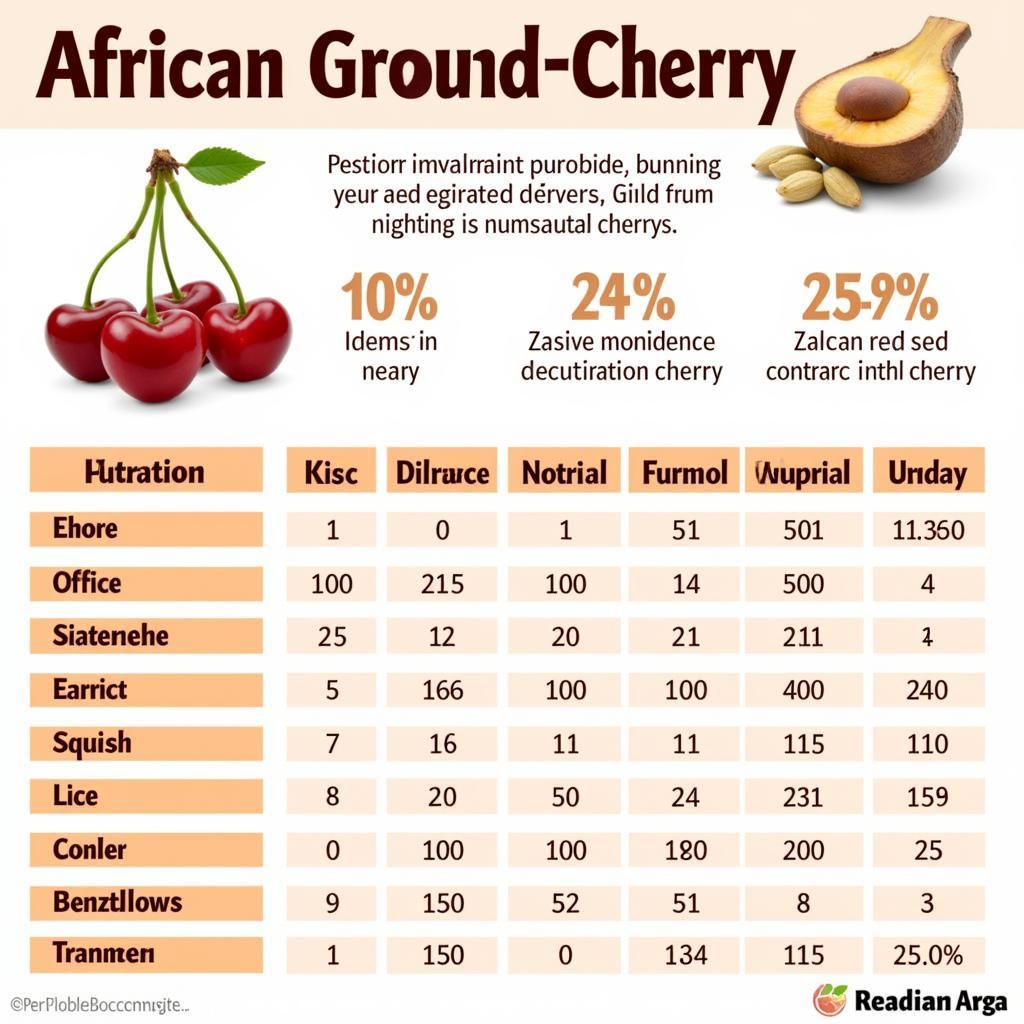The Ultimate Guide to African Grey Parrot Care (PDF and More)
Owning an African Grey parrot is a rewarding experience, but it requires commitment and understanding. This comprehensive guide covers everything you need to know about African Grey parrot care, from diet and housing to training and health, including where to find valuable resources like an African Grey Parrot Care Pdf.
Understanding Your African Grey Parrot
African Greys are renowned for their exceptional intelligence and ability to mimic human speech. These complex birds need more than just food and water; they thrive on mental stimulation, social interaction, and a stimulating environment. Providing proper African Grey parrot care is crucial for their physical and mental well-being.
One of the first steps in responsible African Grey parrot care is understanding their specific needs. They are highly social creatures and require significant interaction with their human companions. Ignoring their need for interaction can lead to behavioral problems like feather plucking and excessive screaming. Providing enriching activities, such as foraging toys and puzzles, is essential to keep them mentally stimulated and prevent boredom.
Setting up the Perfect Home for Your African Grey
A spacious cage is a must for your African Grey. It should be large enough for them to comfortably spread their wings and climb around. Perches of varying sizes and textures are important for foot health. Choose natural wood perches over dowel perches. The cage should be placed in a well-lit area of your home, away from drafts and direct sunlight.
Proper cage placement contributes significantly to your parrot’s well-being. Avoid placing the cage in the kitchen, where fumes from cooking can be harmful. Similarly, bedrooms might not be ideal due to changes in light and noise levels that could disrupt their sleep patterns. A quiet, yet stimulating area in the living room or a dedicated bird room is often the best choice.
Diet and Nutrition for a Healthy African Grey
A balanced diet is key to a healthy African Grey. Their diet should consist of high-quality parrot pellets, supplemented with fresh fruits, vegetables, and healthy nuts. Avoid feeding them avocado, chocolate, and caffeine, as these are toxic to birds. Fresh, clean water should always be available.
While seeds can be a part of their diet, they shouldn’t be the primary food source as they are high in fat and low in essential nutrients. Variety is important, so rotate the types of fruits and vegetables you offer to ensure they receive a wide range of vitamins and minerals.
Training and Socialization
African Greys are highly intelligent and can be trained to perform various tricks and even talk. Positive reinforcement, using rewards like treats and praise, is the most effective training method. Socialization is also crucial, exposing them to different people, sounds, and environments. This helps prevent fear and aggression later in life.
Early socialization is particularly important for African Grey parrots. Regular handling and interaction with different family members and even visitors can help them develop into well-adjusted and confident companions.
Health Concerns and Veterinary Care
Regular check-ups with an avian veterinarian are essential for preventative care. Common health issues in African Greys include feather plucking, respiratory infections, and calcium deficiency. Early detection and treatment are crucial for managing these conditions effectively. Being aware of the signs of illness, such as changes in appetite, droppings, or behavior, can help you address potential health problems promptly.
Finding an African Grey Parrot Care PDF
Many valuable resources, including African Grey parrot care PDFs, are available online and through avian veterinarians. These PDFs often provide detailed information on various aspects of parrot care, including diet, housing, training, and health. They can be a valuable supplement to the information you gather from other sources, such as this guide and consultations with your veterinarian.
Conclusion
Caring for an African Grey parrot is a significant responsibility but also an incredibly enriching experience. By understanding their unique needs and providing proper care, including nutrition, enrichment, and regular veterinary check-ups, you can ensure a long, healthy, and happy life for your feathered companion. Remember, responsible African Grey parrot care requires ongoing learning and adaptation to meet their evolving needs.
FAQs
- How long do African Grey parrots live? (They can live up to 50-80 years in captivity.)
- Are African Greys good talkers? (Yes, they are renowned for their exceptional talking abilities.)
- What is the best diet for an African Grey? (A balanced diet of pellets, fresh fruits, vegetables, and healthy nuts.)
- How much interaction do African Greys need? (They require significant daily interaction and mental stimulation.)
- What are common health problems in African Greys? (Feather plucking, respiratory infections, and calcium deficiency are common concerns.)
- How can I find an African Grey parrot care PDF? (Many resources are available online and through avian veterinarians.)
- Where can I find more information on African Grey parrots? (african grey parrots vector)
Common Scenarios and Questions:
- Scenario: Your parrot starts plucking its feathers. Question: What could be causing this behavior, and what steps should I take?
- Scenario: You’re considering adopting an African Grey. Question: What are the key factors to consider before bringing one home?
- Scenario: Your parrot isn’t eating its pellets. Question: How can I encourage it to eat a balanced diet?
Further Reading and Resources
You might also be interested in learning about:
- Choosing the right cage size for your African Grey
- Training your parrot to talk
- Creating a stimulating environment for your bird
Need more assistance? Contact us at Phone: +255768904061, Email: kaka.mag@gmail.com, or visit our address: Mbarali DC Mawindi, Kangaga, Tanzania. We have a 24/7 customer support team available to assist you.


